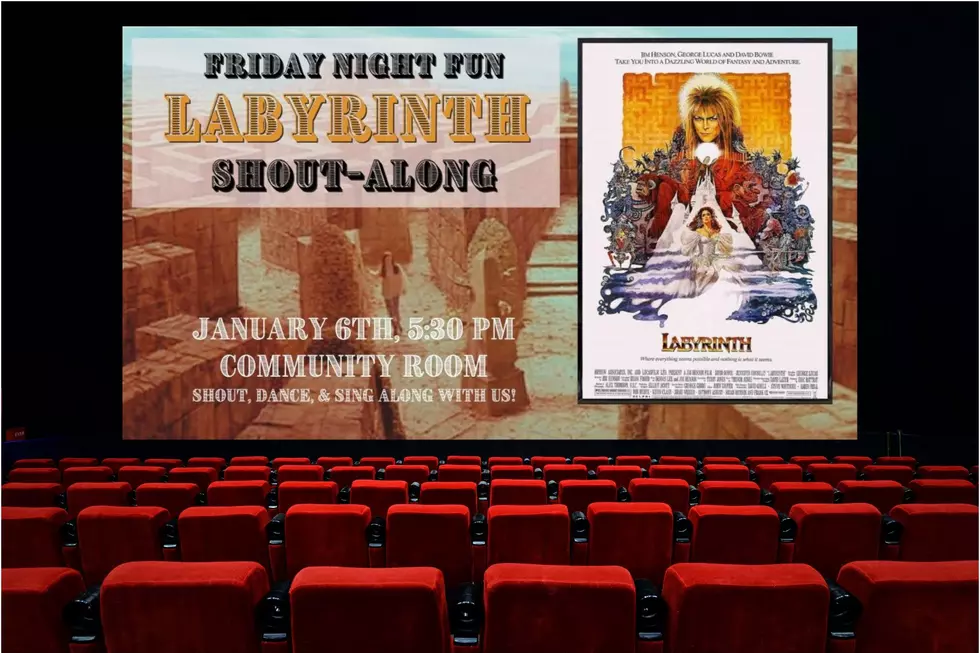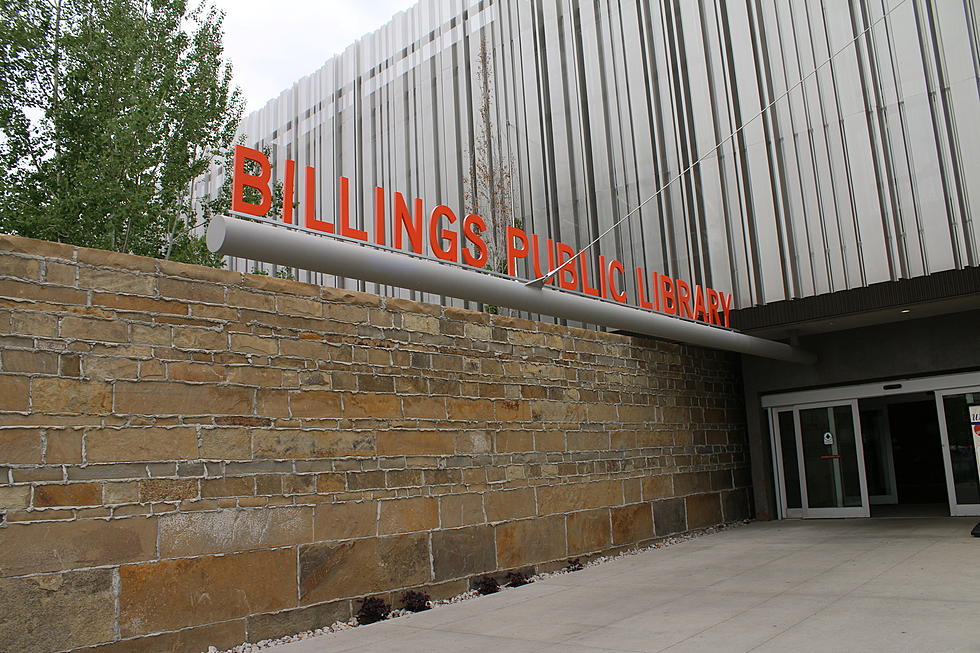
Billings Public Library Celebrates Banned Books Week
Wrapping your head around the concept of banning books in the United States, "the land of the free", can be a tough one. Free speech! Free press! Only Communist, dictator led countries and Nazis ban printed material, right? Surely people don't actually try to ban books and publications in bookstores, libraries, and schools in the good ole' USA, do they? Oh yes.. they do.
Banned Books Week was founded nearly four decades ago with the idea of celebrating the freedom to read. From their website,
Banned Books Week was launched in 1982 in response to a sudden surge in the number of challenges to books in schools, bookstores and libraries. Typically held during the last week of September, it highlights the value of free and open access to information. Banned Books Week brings together the entire book community — librarians, booksellers, publishers, journalists, teachers, and readers of all types — in shared support of the freedom to seek and to express ideas, even those some consider unorthodox or unpopular.
Of the top ten "banned books" of 2019, most of them made the list because of LBGTQIA+ content that some people found offensive or felt the books were trying to indoctrinate children. There are also a couple of big titles on the list from last year, including:
- The Handmaid’s Tale by Margaret Atwood. Banned and challenged for profanity and for “vulgarity and sexual overtones.”
- Harry Potter series by J. K. Rowling. Banned and forbidden from discussion for referring to magic and witchcraft, for containing actual curses and spells, and for characters that use “nefarious means” to attain goals.
Other books making the banned or challenged lists over the years, according to the American Library Association, include such classics as:
- 1984
- The Catcher in the Rye
- The Grapes of Wrath
- To Kill a Mockingbird
- The Lord of the Flies
- Of Mice and Men
- Gone With the Wind
The list is long and you can read it HERE, along with the reasons why the books were considered controversial. We caught up with Cody Allen, Systems Administrator at the Billings Public Library, and talked more about banned books. Edited for clarity.
Me: Banned Book Week and it's kind of crazy to me that in 2020, there's still a lot of books that are actually banned from either libraries or schools or universities. Cody, thanks for chatting today. How are you?
Cody: Good. Thanks for having me. I'm glad to talk.
Me: I remember when I was a kid and Judy Blume was considered controversial and banned for whatever reasons. It's surprising how many titles have been banned over the years from schools. Can you expand on some titles that show up regularly on the banned lists and what are some titles for 2020?
Cody: Judy Blume is a good example. But, you know, the perennial ones are like The Catcher in the Rye and Slaughterhouse-Five. Because of violence, or sexuality or depictions of, you know, sex, things like that. People are worried about it in schools, in particular, having kids reading and learning about these things. So, yeah, they're the kind of the perennial hits all the time. As far as like 2019 and 2020 go, it is still kind of the same ones over and over. To Kill a Mockingbird is on the list again. Mark Twain, Huck Finn, again, just because of the language in the books, or the way they refer to people, it's still happening.
We went on to chat about comparing the banning of certain books being similar to the efforts of politicians to ban certain kind of music in the late '80s, what criteria the Billings Public Library uses to prevent potentially harmful books in the library, and why you can't find books like, "How to Make A Bomb" or "Cooking Meth the Easy Way" at the library. Listen to the full interview below.
LET'S GO: The most popular historic sites in America
More From 103.7 The Hawk









